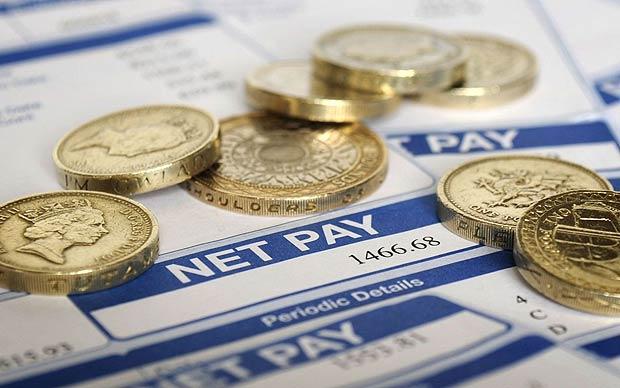Well, yes, this is what happens in recessions
Interesting new figures out from the TUC:
The coalition government has presided over the worst five-year period for living standards since modern records began more than half a century ago, according to the Trades Union Congress.
In an analysis based on data from the Office for National Statistics, the TUC said the 2010-2014 period was unique in seeing a drop in real household disposable incomes.
RHDI – a yardstick of living standards that takes account of incomes, benefits, taxes and inflation – was 0.6% lower in the half-decade ending in 2014 than in the five years ending in 2009, when it rose by 6.9%.
We have two responses to this. The first being that it was probably Done It Duncan who pieced this together:
Living standards are a key battleground in the general election campaign and in last month’s budget, George Osborne said on this same measure they would be on course to be higher in 2015 than when the coalition came to power five years earlier. The two measures differ because the chancellor was comparing a forecast with RHDI for the end of this year with RHDI in 2010, while the TUC is comparing an average of RHDI per head between 2010 and 2014 with an average of the previous five years.
We do rather wonder how many tweaks and variations Duncan had to make to his spreadsheet to get a version which showed a fall. However, there's another point to this, which is that yes, this is what happens in recessions. The economy becomes smaller. As a result the incomes of the people of the country fall. That's what all of these words actually mean.
"Living standards fall in recession" is about as startling as the claim "water is wet". So, err, quite what everyone is chuntering on about we're not quite sure. Unless it's an insistence that there shouldn't have been a recession in the first place and we're OK with that idea. Only that we can't bring ourselves to blame the people clearing up after a recession had already happened for the existence of a recession. That blame rather belongs to those who didn't prevent the recession itself we feel.

